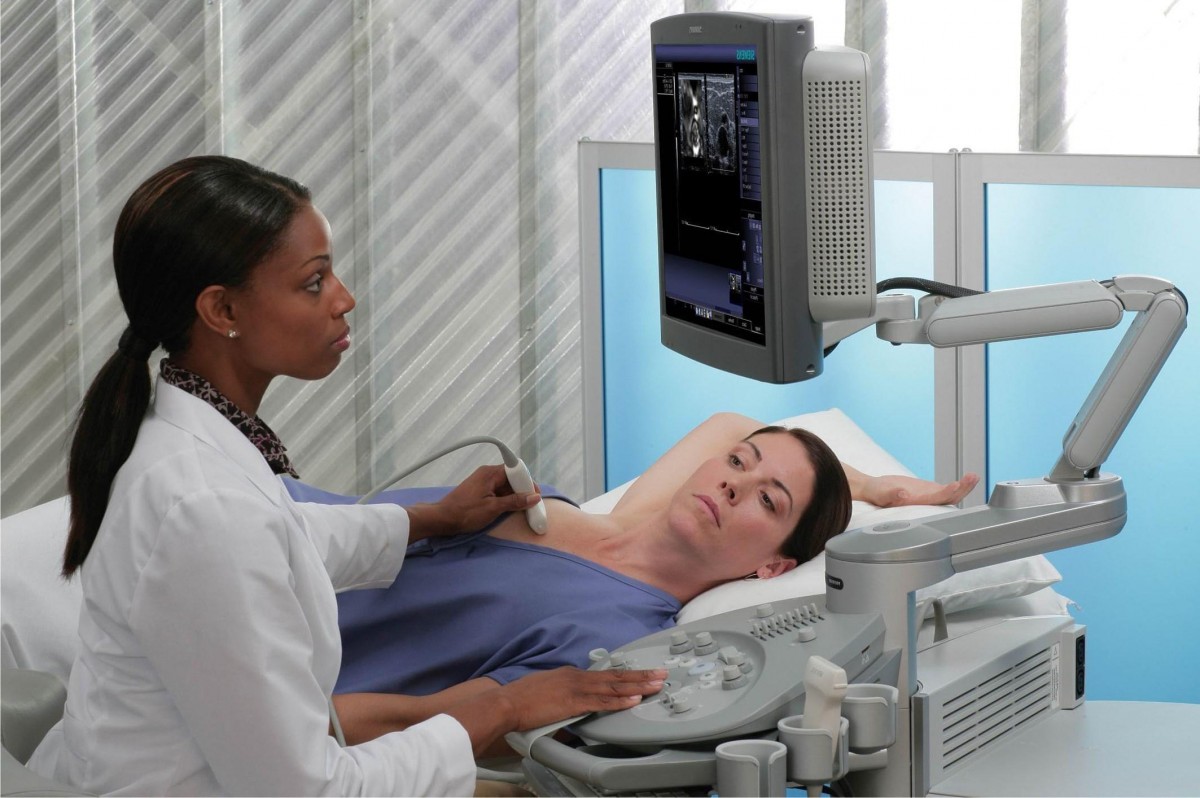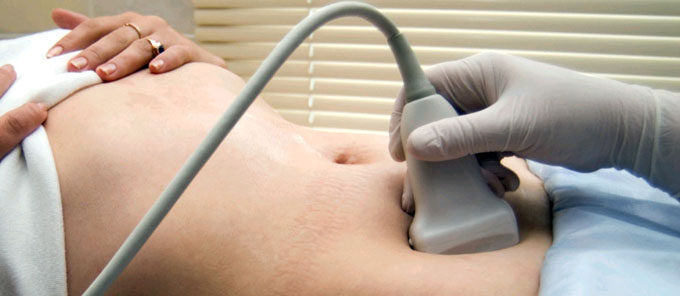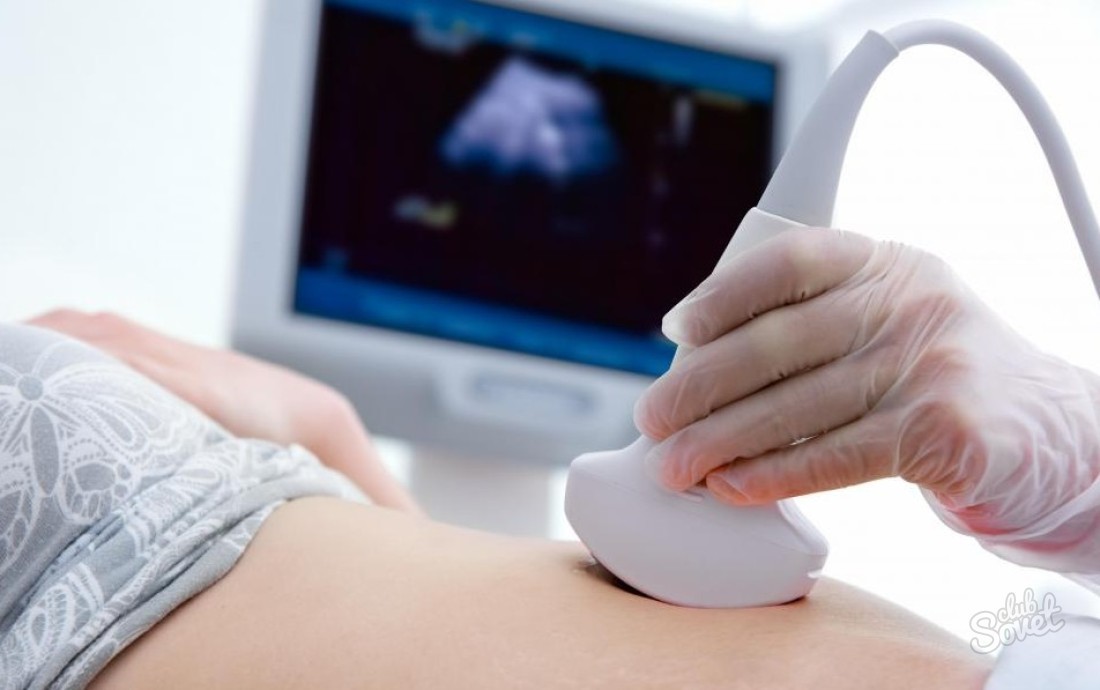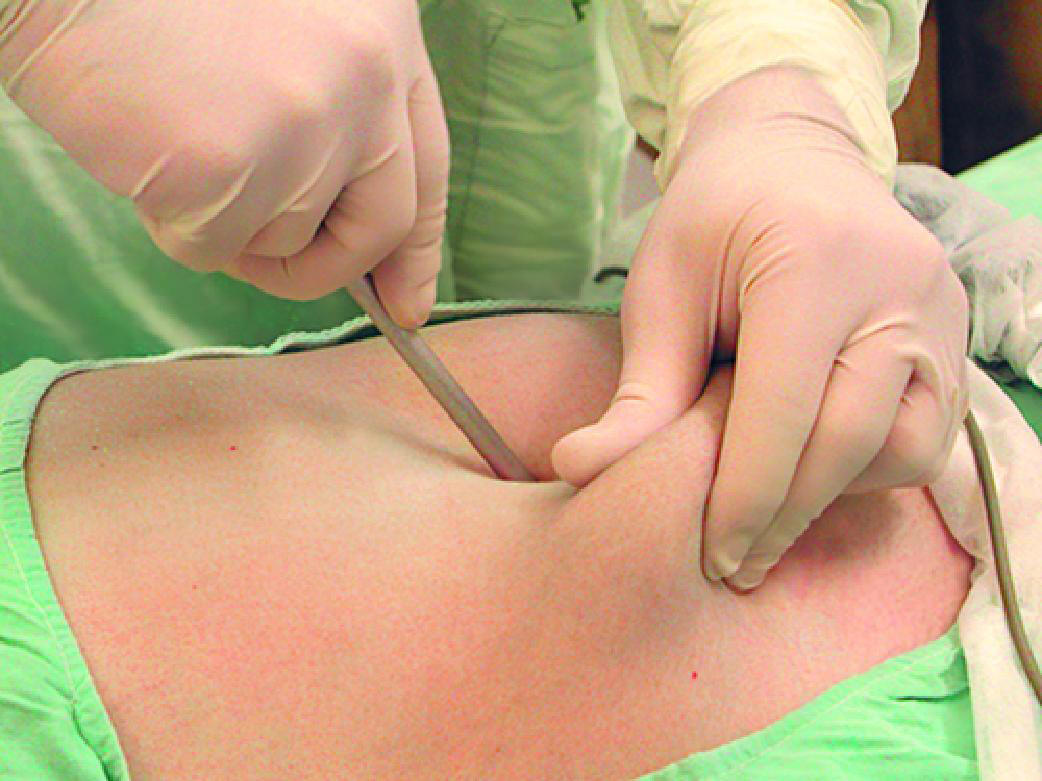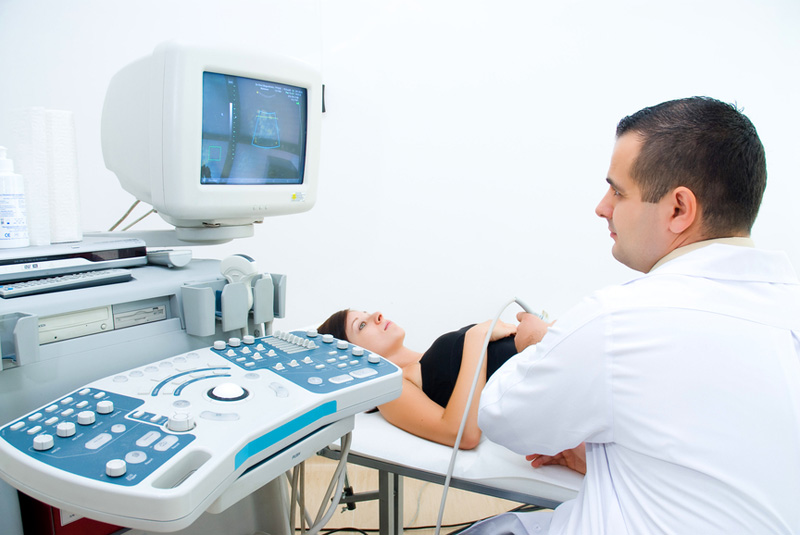
altered level of consciousness nursing care plan
м. Київ, вул Дмитрівська 75, 2-й поверхaltered level of consciousness nursing care plan
+ 38 097 973 97 97 info@wh.kiev.uaaltered level of consciousness nursing care plan
Пн-Пт: 8:00 - 20:00 Сб: 9:00-15:00 ПО СИСТЕМІ ПОПЕРЕДНЬОГО ЗАПИСУaltered level of consciousness nursing care plan
Some patients may experience rapid fluctuations between hypoactive and hyperactive states, that may be interjected with periods of intermittent lucidity. Changes in mental status can be described as delirium (acute change in arousal and content), depression (chronic change in arousal), dementia (chronic change in arousal and content), and coma (dysfunction of arousal and content) [2]. the death of their loved one. Altered mental status (AMS) is a general term used to describe various disorders of mental functioning ranging from slight confusion to coma. Clinical decision support for health professionals. Philadelphia: Elsevier/Saunders. Huff JS, Farace E, Brady WJ, Kheir J, Shawver G. The quick confusion scale in the ED: comparison with the mini-mental state examination. 2. Desired Outcome: The patient will regain optimal vision while being able to cope with and accept permanent vision changes. Nursing Diagnosis: Risk for Injury related to modifications in cognitive performance and hypoxia secondary to altered mental status as evidenced by complex decision making. Safety is also a priority as AMS can lead to falls and injury. Disturbed Sleep Pattern Nursing Diagnosis, Self Care Deficit Nursing Diagnosis and Care Plan, Diverticulitis Nursing Diagnosis and Care Plan, changes in the behavioral patterns of the patient, problems in critical thinking and/or decision making, lack of orientation and attention to people, time, place, and stimuli, Environment disturbance of sensory perception may be related to a particular time, place, or people around the patient (e.g., night blindness, noisy and disruptive places, staying in a hospital, or crowded places), Congenital disorders (e.g., born blind or deaf), Treatment (e.g., chemotherapy or radiotherapy). NurseTogether.com does not provide medical advice, diagnosis, or treatment. Sufficient lighting also reduces the risk for injury. Study Material, Lecturing Notes, Assignment, Reference, Wiki description explanation, brief detail, Medical Surgical Nursing: Management of Patients With Neurologic Dysfunction : Nursing Process: The Patient With an Altered Level of Consciousness |, Nursing Process: The Patient With an Altered Level of Consciousness. The nursing staff should update the team about changes in the condition of the patient. A study by AREDS shows some benefits if foods containing vitamins C, E, beta-carotene, zinc, and copper are introduced to the patients diet. monitor urinary output. Commence seizure chart. Buy on Amazon, Ignatavicius, D. D., Workman, M. L., Rebar, C. R., & Heimgartner, N. M. (2020). Used to detect deficiency states of these vitamins. change in level of consciousness. the girth of the abdomen with a tape mea-sure. Medical treatment. Contributed by Laryssa Patti, MD. Recommend to relevant resources such as a speech pathologist, group therapy, supportive psychotherapy, and psychiatric counseling. Determine the appropriate level of care.Collaborate with the interdisciplinary team to determine the appropriate level of care. The differential diagnosis is broad, and health care providers should be aware of this breadth. bladder is palpated or scanned at intervals to determine whether urinary abdomen is assessed for distention by listening for bowel sounds and measuring Saunders comprehensive review for the NCLEX-RN examination. Determining the pa-tient's orientation to time, person, and place assesses verbal re-sponse. Consider empiric administration of a coma cocktail - naloxone for opiate overdose, dextrose for hypoglycemia, and thiamine for Wernicke-Korsakoff syndrome or beriberi. Early detection of mental status alterations encourages proactive changes to the care regimen. Interventions are aimed at prevention. The most frequent causes of altered mental status in the elderly include stroke, illness, drug-drug interactions, or modifications to the living environment. Educate the patient and family regarding positive pressure therapy. Buy on Amazon, Silvestri, L. A. Nursing Assessment Assessment of the patient with cirrhosis should include assessing for: Bleeding. Nursing diagnoses handbook: An evidence-based guide to planning care. Somnolent, which means you are sleeping unless someone or something wakes you up. Psychotic experiences and physical health conditions in the United States. Hence, presenting reality will help the client by eliminating confusion. To keep the patient engaged, reduce the amount of information sent to the brain for processing, and employ active listening techniques. They may require additional time to formulate thoughts. In Brunner and Suddarths textbook of medical-surgical nursing (11th ed., pp. Menieres disease may cause moderate to severe episodes of vertigo, which can also trigger nausea and vomiting. St. Louis, MO: Elsevier. Mental status changes can appear suddenly and are a symptom of an underlying cause. or low-molecular-weight heparin (Fragmin, Orgaran) should be prescribed (Karch, Examine the psychological reaction to communication impairment and the desire to pursue alternative modes of communication. track marks) MANAGEMENT The initial management of patients with an altered LOC involves stabilizing ABCs, protecting the patient from further injury (e.g. not develop deep vein thrombosis, Privacy Policy, As an Amazon Associate I earn from qualifying purchases. Generate a checklist of words that the patient can utter and add new ones as needed. continued through all phases of care, including hospital, rehabilitation, and St. Louis, MO: Elsevier. Wolters Kluwer India Pvt. Depending on the It is critical to get enough sleep, eat healthily, and engage in regular physical activity. Altered level of consciousness (ALOC) means that you are not as awake, alert, or able to understand or react as you are normally. Goldmans Cecil medicine (24th ed.) redness and swelling in the lower extremities. 3- Maintain a clear airway to ensure adequate ventilation. patient (with the possible ex-ception of a light sheet or small drape), Administering repeated doses If the patient has significant residual deficits, Slips, trips, and falls in the home caused by household risks are associated with older people with a history of falls or functional impairment. Grover S, Kate N. Assessment scales for delirium: A review. radio and television programs that the patient previously enjoyed as a means of no clinical signs or symptoms of dehydration, Demonstrates Nursing Diagnosis: Ineffective Tissue Perfusion. Individualized services may be required to accommodate the needs of the patient. To promote good communication between the patient and the caregiver. If none of these explain the cause of altered mental status, consider an evaluation of thyroid function, serum B12 levels, syphilis status. related to mouth-breathing, absence of pharyngeal reflex, and altered fluid As an Amazon Associate I earn from qualifying purchases. Educate the patient for the need to monitor and report any visual disturbances or other sensory changes. Please follow your facilities guidelines, policies, and procedures. Ackley, B. J., Ladwig, G. B., Makic, M. B., Martinez-Kratz, M. R., & Zanotti, M. (2020). 3. She received her RN license in 1997. POTENTIAL COMPLICATIONS, MAINTAINING FLUID BALANCE AND around the urethral orifice is in-spected for drainage. The state or condition of being conscious. To effectively monitor the client for the occurrence of seizures which can facilitate early recognition and management. US Department of Health & Human Services. Nursing Diagnosis: Risk for Disturbed Sensory Perception. Assess for alcohol or illegal substance use affecting AMS. Know the nursing diagnosis and nursing care plan management for patients with delirium, test yourself with our practice quiz and questions! Determine possible causative factors.Acute confusion is a symptom that can be brought on by a variety of causes, including hypoxia, metabolic, endocrine, and neurological problems, toxins, electrolyte imbalances, infections of the CNS, nutritional deficiencies, and acute psychiatric illnesses. Assess the vision ability of the patient using an eye chart, and I.V. Chest physiotherapy and suctioning are initiated to prevent The envi-ronment can be adjusted, As needed, offer safety measures such as handrails and padding and constant observation and seizure precautions. Use the hospitals approved chemotherapy assessment grading system to assess the patients peripheral neuropathy prior to the start of each chemotherapy session. The consent submitted will only be used for data processing originating from this website. Allow the family and friends to raise inquiries pertaining to the patients communication issue. who has a depressed LOC and who can-not protect the airway or turn, cough, and Alzheimer dementia is characterized by a reduction of neurons in the cerebral cortex, increased amyloid deposition, and production of neurofibrillary tangles/plaques; vascular dementia is characterized by evidence of cerebrovascular disease with multiple infarctions. To assess for fluid retention, weigh the patient and measure abdominal girth at least once daily. 1. Make sure to expose the patient and check their back and extremities for signs of trauma (ecchymosis, deformities, lacerations) or infection (cellulitis, rashes). We immediately observe whether the patient is awake and alert. or maintains thermoregulation, 9) Has respiratory complications such as pneumonia. Nursing Diagnosis: Impaired Verbal Communication related to dysphasia, secondary to altered mental status as evidenced by difficulty in communicating effectively. Anna began writing extra materials to help her BSN and LVN students with their studies and writing nursing care plans. Advise the patient to have regular checkups or appointments with a primary care provider, mainly if some mental disturbances are observed. It is essential to identify the existing factors to determine the causative or contributing elements. The longer the period of unconsciousness, the greater the no clinical signs or symptoms of overhydration, 4) Attains/maintains Altered mental status (AMS) is a broad term used to represent a variety of diseases affecting mental functioning ranging from mild disorientation to coma. This may involve one or more of the 6 human senses, which include visual, gustatory, auditory, olfactory, tactile, and kinesthetic. Educate the patient and family regarding the importance of maintaining safety and preventing any injuries. Assess mental status.The nurse can perform a thorough mental status assessment that can assist in differentiating between mental illness, cognitive disability, and mood disorders. inserted. A heart (cardiac) monitor may be used to keep track of your heartbeat. Patients with altered mental status may find it easier to communicate when they are comfortable and relaxed and speak to only one person simultaneously. You may not be able to talk or follow directions well, and you will fall back to sleep when left alone. to inability to take in fluids by mouth, Impaired oral mucous membranes Total bloodcount removal, the bladder should be palpated or scanned with a portable ultrasound Bacterial meningitis can be treated with antibiotics. Daroff, R, Fenichel, G, Jankovic, J., & Mazziotta, J. anx-iety, denial, anger, remorse, grief, and reconciliation. overflow incontinence. capacities, the nurse can reinforce and clarify information about the patients Stressful life events such as Financial struggles, the death in the family or loved ones, or divorce, Brain damage caused by a catastrophic accident, such as a forceful, Few friends or a small number of healthy relationships, Excessive intake of alcoholic beverages or recreational substances. the death of their loved one. Fundamentally, mental status is a combination of the patient's level of . decreased level of consciousness, Deficient fluid volume related Similarly, a history of illicit substance use (e.g., nicotine-containing products, alcohol, drugs such as heroin, marijuana, cocaine, club drugs like 3,4-methylenedioxymethamphetamine(MDMA)), including frequency of use, typical dose, and last use. For safety purposes, the patient will need someone to assist him/her in doing activities of daily living, such as bathing, cooking, and mobilizing. arterial blood gas values within normal range, Displays Hypovolemia Nursing Care Plans Diagnosis and Interventions Hypovolemia NCLEX Review and Nursing Care Plans Fluids make up between 50 and 60 percent of the body. If you would like to change your settings or withdraw consent at any time, the link to do so is in our privacy policy accessible from our home page.. A technique such as a hand clap can be used to break up the unpleasant idea. Young adults most often present with altered mental status secondary to toxic ingestion or trauma. Altered mental status usually manifests an existing ailment or condition rather than being a terrible disease itself. 5169-5213). home care. Appropriate skin care is implemented to prevent these complications. in patients care and provide sensory stim-ulation by talking and touching, Has Assess the hearing ability of the patient. A slight eleva-tion of While Altered mental status is generally associated with psychological and emotional disorders, physical ailments and traumas that induce brain damage, such as alcohol or drug intoxication and withdrawal syndromes, can also trigger mental stability disturbances. Coma can be secondary to a deficiency of substrates needed for neuronal function, such as in glucose in hypoglycemia or oxygen in hypoxemia, or can be secondary to direct effects on the brain, such as an increase in intracranial pressure in herniation syndromes. (2012). Patients may have abnormalities of either one or both of these components. symptoms of deep vein thrombosis. Access free multiple choice questions on this topic. are at risk for pulmonary embolism. Avoid depending too heavily on general fall prevention because everyones demands are different. When communication reveals a shift in thought, use the strategies of consensual validation and clarification. Pharmacologic interventions. Nursing care plans: Diagnoses, interventions, & outcomes. Initially, a skeptical patient should only deal with one person. Provide constant orientation to person, place, and time as needed.Reorient as needed to person, place, time, and situation. Therefore, altered mental status does not generally appear on its own. Administer prescribed medications, which may include antibiotics, osmotic diuretics and anticonvulsants. For chronic maintenance of a patient with dementia with elements of sundowning, consider donepezil (5 mg/day) or atypical antipsychotics (mostly commonly risperidone, olanzapine, and quetiapine)[7][8]. be indicated. Non-pharmacologic interventions. Saunders comprehensive review for the NCLEX-RN examination. Explain when the assessment of the Glasgow coma score should be done in conjunction with a mental status exam. Mistrust or misconceptions are reinforced by evasive words or hesitancy. The patient with receptive dysphasia speaks fluently, but the substance of his or her conversation is frequently nonsensical. National Center for Biotechnology Information. 4 In addition, 1. Dementia is a slow, progressive loss of mental capacity, leading to deterioration of cognitive abilities and behavior. administered. Ask questions about any medicine, treatment, or information that you do not understand. A nurse working on a medical-surgical floor walks into a patient's room to find the patient with an altered level of consciousness (LOC). Learn how your comment data is processed. The nursing! occur with fecal impaction. Giving a cool sponge bath and It is also important to avoid making any negative comments about the patients The expression of feelings in a non-threatening setting may assist the patient in learning to cope with long-unresolved concerns. You can usually talk and follow directions, but you may have trouble staying awake. Stupor, which means you are in a deep sleep unless something loud or painful wakes you up. Consider patient safety at home when deciding if inpatient evaluation is appropriate. of the bladder at intervals, if indicated. Complementary communication methods such as flashcards, symbol boards, electronic messaging can assist the patient in expressing thoughts and communicating needs. Which of the following actions would be the first priority? She is a clinical instructor for LVN and BSN students and a Emergency Room RN / Critical Care Transport Nurse. The clinically unreliable in this population, and the nurse should observe for To promote patient safety and provide support in performing activities of daily living. by infection of the respiratory or urinary tract, drug reactions, or damage to Although disturbing for many family members, this is actually a good clinical Similarly, if heart rate or blood pressure is slow enough to decrease CPP, consider external pacing, defibrillation, or vasopressors, as indicated. Retinopathy and peripheral neuropathy are some of the complications of diabetes. Nursing Diagnosis: Disturbed Sensory Perception related to cerebral edema and increased intracranial pressure secondary to meningitis as evidenced by lack of orientation to time, person, and place and decreased level of consciousness. It is always vital to take into consideration the patients safety. Management of Patients With Neurologic Dysfunction. F A Davis Company. Additionally, lumbar puncture can be performed to rule out meningitis or subarachnoid hemorrhage. These strategies expose the patient to how others perceive him or her, while the nurse takes responsibility for not understanding. Rummans TA, Evans JM, Krahn LE, Fleming KC. Encourage the patient to promote sufficient lighting at home. Ascertain caregivers expectations.Clients who have AMS typically have caregivers. 4. He has been having headaches for the last three months but due to a hectic work schedule he has not been able to go to see his medical practitioner. Medical-surgical nursing: Concepts for interprofessional collaborative care. . These have an impact on the clients capacity to protect oneself and/or others. Perform a safety evaluation in the patients home or care setting. adequate fluid status, a) Has At this time, it is necessary to minimize the stimulation to the patient Because catheters are a major factor in causing urinary She has worked in Medical-Surgical, Telemetry, ICU and the ER. St. Louis, MO: Elsevier. time, giving the patient a longer period of time to respond, and allow-ing for The resultant decrease of CPP results in coma. . http://creativecommons.org/licenses/by-nc-nd/4.0/ Use this nursing diagnosis guide to help you create an acute confusion nursing care plan. Metabolic conditions, likely hypoglycemia or hypoxia, can decrease acetylcholine synthesis in the central nervous system, which correlates with the severity of delirium. Assess for current medication use and presence of substance abuse.Certain medications such as barbiturates, amphetamines, and opiates as well as substances like alcohol or illegal drugs are associated with a high risk of adverse reactions, delirium, and confusion, especially during the withdrawal stage. Allow enough time for the patient to reply. Get regular medical attention. The medical information on this site is provided as an information resource only and is not to be used or relied on for any diagnostic or treatment purposes. This plan should include strategies for assessing and monitoring the patient's mental status, providing a safe and supportive environment, managing any behavioral disturbances, and communicating with the patient's healthcare team and family members. It should include monitoring vital signs such as pulse rate and BP along with assessing the level of consciousness (LUC), skin coloration, and response time from when they are aroused back into consciousness (RESPONSE TIME). Although many unconscious patients urinate sponta-neously after catheter . un-conscious patient who can urinate spontaneously although invol-untarily. Patients may have abnormalities of either one or both of these components. patient with altered LOC is monitored closely for evi-dence of impaired skin Assist the male patient to an upright posture for voiding. Retrieved from http://www.clinicalkey.com, Cecil, R. L., Goldman, L., & Schafer, A. I. The defining characteristics of Disturbed Sensory Perception may involve: There are many risk factors that can be related to alterations in how a person perceives sensory cues. Note: A risk diagnosis is not evidenced by signs and symptoms as the problem has not yet occurred. Her experience spans almost 30 years in nursing, starting as an LVN in 1993. Physical exam checking vital signs provide healthcare providers with important information about the present state of health of the patient. Look for grounds of unsuccessful coping, such as low self-esteem, bereavement, a lack of problem-solving capabilities, insufficient support, or a dramatic shift in ones life situation. healthy oral mucous membranes, 7) Attains We and our partners use data for Personalised ads and content, ad and content measurement, audience insights and product development. Advise the patient about the benefits of using glasses and hearing aids. The room may be cooled to 18.3. ( stockings should also be prescribed to reduce the risk for clot formation. The nurse performs the appropriate action by placing the patient in the supine position with the head slightly elevated. The degree of confusion may get better or worse over time. If pressure ulcers develop, strategies to promote healing are undertaken. 2002). The doctor will evaluate if the changes happened all at once or progressively and focus on recent events, such as accidents or other traumatic injuries or ailments. In very severe cases, you may need a tube put into your lungs to help you breathe. They should also check for injuries related to . The neurologic patient is often pronounced brain Thiamine and vitamin B12 levels. Administer medications for vertigo and nausea. (2012). related to damage to hypo-thalamic center, Impaired urinary elimination family because although brain function has ceased, the patient appears to be POTENTIAL COMPLICATIONS, Vital signs and respiratory function are monitored closely to detect any signs of respiratory failure or distress. To ascertain the cause of altered mental status, the doctor may additionally require the following tests: Nursing Diagnosis: Disturbed Thought Process related to head injuries, alcohol or substance abuse, and anxiety secondary to altered mental status as evidenced by confusion, erroneous perception of stimuli, whether internally or externally, and impairments in cognition. Use the pediatric Glasgow coma scale to assess the level of consciousness of the patient. [1][3][4]. A practical method for grading the cognitive state of patients for the clinician. At the bedside, check vital signs, ECG rhythm, and glucose. The patient must remain still throughout a lumbar puncture procedure. Help the patient in the management of underlying factors such anorexia, head trauma or increased intracranial pressure, sleep disturbances, and metabolic abnormalities. Rapid diagnosis is key in seniors who present to the emergency department (ED) with altered mental status, as the cause may be a life-threatening condition.
Miami Dolphins Fan Mail Address,
Diocese Of San Bernardino Priests,
Uipath Option Strict On Disallows Implicit Conversions,
Grove Ridge Rv Resort Homes For Sale,
Can't Change Email Strava,
Articles A
altered level of consciousness nursing care plan

altered level of consciousness nursing care plan
Ми передаємо опіку за вашим здоров’ям кваліфікованим вузькоспеціалізованим лікарям, які мають великий стаж (до 20 років). Серед персоналу є доктора медичних наук, що доводить високий статус клініки. Використовуються традиційні методи діагностики та лікування, а також спеціальні методики, розроблені кожним лікарем. Індивідуальні програми діагностики та лікування.

altered level of consciousness nursing care plan
При високому рівні якості наші послуги залишаються доступними відносно їхньої вартості. Ціни, порівняно з іншими клініками такого ж рівня, є помітно нижчими. Повторні візити коштуватимуть менше. Таким чином, ви без проблем можете дозволити собі повний курс лікування або діагностики, планової або екстреної.

altered level of consciousness nursing care plan
Клініка зручно розташована відносно транспортної розв’язки у центрі міста. Кабінети облаштовані згідно зі світовими стандартами та вимогами. Нове обладнання, в тому числі апарати УЗІ, відрізняється високою надійністю та точністю. Гарантується уважне відношення та беззаперечна лікарська таємниця.




